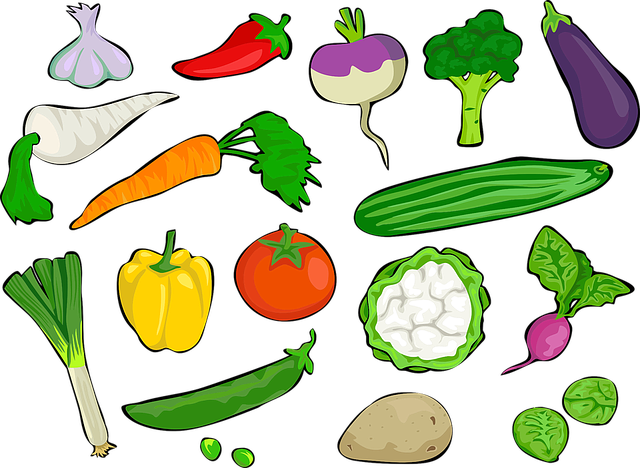The Environmental Effects of Farming
Farming and agriculture provide innumerable benefits to people all over the world. Thanks to modern farming techniques, Americans can put food on the table without breaking the bank while they seek to improve their quality of life and the lives of their families.

Degradation of Soil
Consistently harvesting the same crops wears down the soil over time. Reduced agricultural yields can be attributed to a deficiency in one or more essential nutrients. Although crop rotation can somewhat mitigate this effect, soil fertility declines over time this effect to some extent, soil fertility declines over time regardless.
Reduced Forest Cover and the Disappearance of Wildlife
In most cases, farmland is developed in places occupied by native fauna. Planting between fence rows has eliminated even more of the natural space that used to exist between fields. Although deforestation is a more serious problem in agricultural settings outside the United States, it can and does occur in our country, contributing to the loss of habitat and the decrease in carbon sequestration.
Carbon Emissions and Pollution
Furthermore, agriculture accounts for 21% of global greenhouse gas emissions and contaminates water. Gas-powered farm and field preparation equipment is a significant component, although it is not the only factor.

